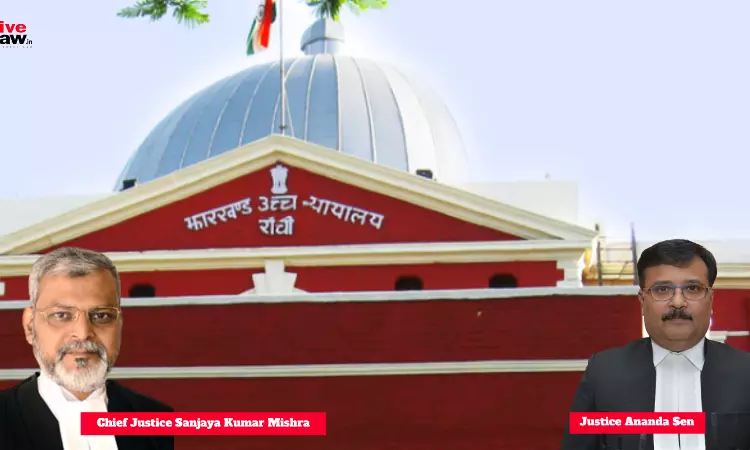Labor Cess Inapplicable To Material Supply And Consultancy Charges: Jharkhand High Court
Bhavya Singh
21 Aug 2023 3:30 PM IST

Next Story
21 Aug 2023 3:30 PM IST
The Jharkhand High Court has ruled that Labor Cess should not be imposed on the supply of materials and consultancy charges for a contract that is different from civil works contracts. This decision came after the State appealed against a ruling made by a Single Judge Bench on June 13, 2022. The Single Judge Bench had stated that Labor Cess is not applicable to the supply of materials...
